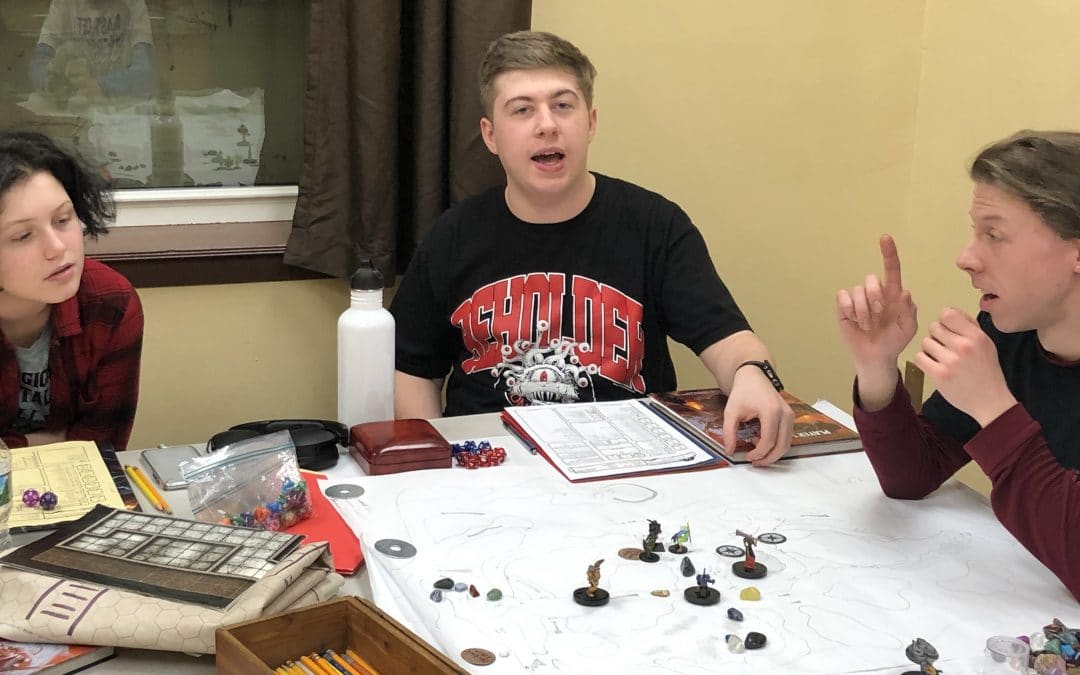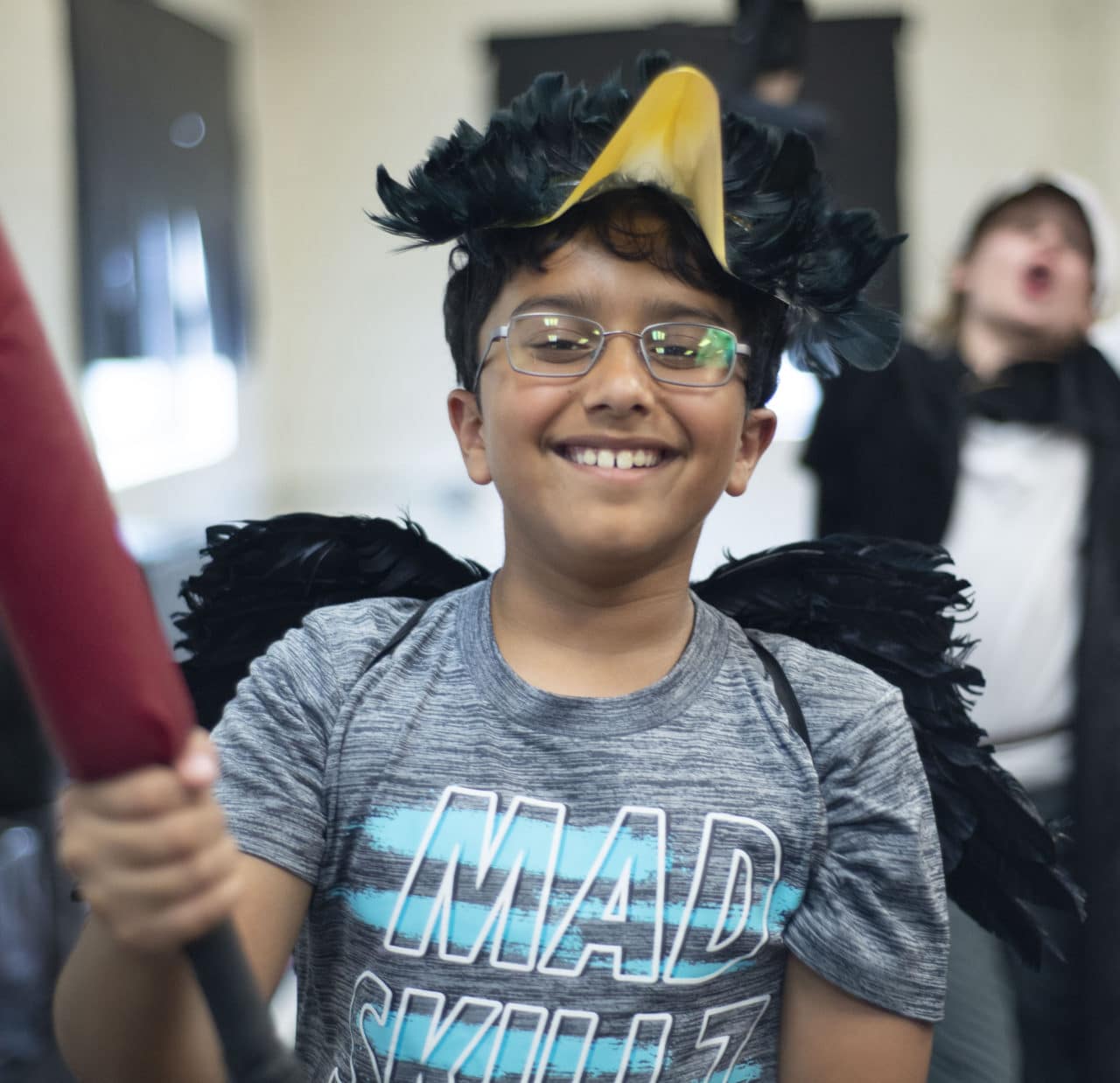Framing an Analog Game for Transformation: A Step-by-Step Guide for Game Designers
Transformative analog games such as tabletop RPGs, LARPs, storytelling games, or hybrid formats, can be powerful tools for healing, education, and identity exploration. However, their impact is diminished when players are not invited to emotionally prepare, reflect during play, or process afterward. Framing is the missing structure that helps a game become more than memorable. It helps it become meaningful.
This guide outlines how to frame analog games using research-informed practices and trauma-aware tools like the RPG Consent Checklist and X-Card.
Step 1: Pre-Game Framing – Invite and Prepare
Goal: Help players set boundaries, choose levels of emotional engagement, and align the game with their current needs.
Use a Consent Form
Invite players to complete the RPG Consent Checklist, a fillable tool where participants indicate their comfort levels with various content (e.g., violence, romance, betrayal, body horror).
How to use:
- Players fill it out privately or together as a group.
- Use responses to tailor the tone, pacing, or content of the game.
- Revisit the checklist in later sessions for your players’ evolving needs.
- Also ask questions like: “What challenges are relevant in your life right now?”
Include a Physical or Verbal X-Card
Place an X-Card in the center of the table (or establish a verbal signal) that players can activate at any time if something makes them uncomfortable.
When used:
- The scene changes or skips without explanation.
- No questions asked; no discussion required unless the player initiates it.
- Reinforce that using the card is normal and encouraged.
Why both?
The checklist is a proactive framing tool. The X-Card is reactive, protecting players during the unpredictability of live play.
Step 2: Midbrief – Reflect While Playing
Goal: Help players regulate emotions and deepen engagement through reflection during gameplay.
Use Check-in Breaks
Schedule reflection pauses during intense or emotionally complex scenes. These can be in-character, out-of-character, or both.
Example prompts:
- “How is your character feeling right now?”
- “Does this remind you of anything in your real life?”
- “Would you like to shift tone or take a quick break?”
Make time for a quiet journaling moment, especially if you’re running a LARP or immersive story. This supports narrative processing.
Step 3: Post-Game Debrief – Meaning-Making
Goal: Support integration of the experience into players’ lives.
Run a Guided Debrief
Set aside 15–30 minutes after the session for reflection. Choose methods based on your group:
- Open Circle: Invite each player to share one moment that stood out.
- Structured Prompts:
- “What surprised you about today’s game?”
- “How did your choices reflect who you are (or who you want to be)?”
- “What do you want to explore more in the next session?”
Note: Another excellent resource for debriefing is the Debriefing Cube by Julian Kea and Chris Caswell. These handy cards (now there’s an App!) can address many different approaches to a debrief.
Offer Take-Home Journaling
Give players a journaling handout or invite them to capture their reflections with a prompt:
“What did your character learn? What did you learn about yourself?”
This can be anonymous or shared in future sessions to support character arcs or growth tracking.
Bonus Step: Weave Framing Into Design
Framing shouldn’t just sit outside the game. Instead, make it part of the narrative.
Examples:
- The players are guiding an apprentice character who mirrors the challenges they chose to explore in the consent form.
- Characters must reflect on decisions in “dream sequences” that act as narrative journaling.
- Time is paused in-game for a character’s inner monologue which lets players switch between internal processing and external action.
Key References
- Mezirow, J. (1997). Transformative Learning: Theory to Practice
- Moon, J. (1999). Reflection in Learning and Professional Development
- Bowman, Sarah Lynne (2010). The Functions of Role-Playing Games
- Boud, D., Keogh, R., & Walker, D. (1985). Reflection: Turning Experience into Learning
- Banks, J., Bowman, N. D., & Bowman, S. L. (2016). Avatars Are (Sometimes) People Too
- Consent in Gaming Checklist by Monte Cook Games
- X-Card by John Stavropolous
- Debriefing Cube by Julian Kea and Chris Caswell
Guardian Adventures provides consulting and transformative design for therapeutic centers, museum and science centers, summer camps, amusement & attraction industries, and more.




